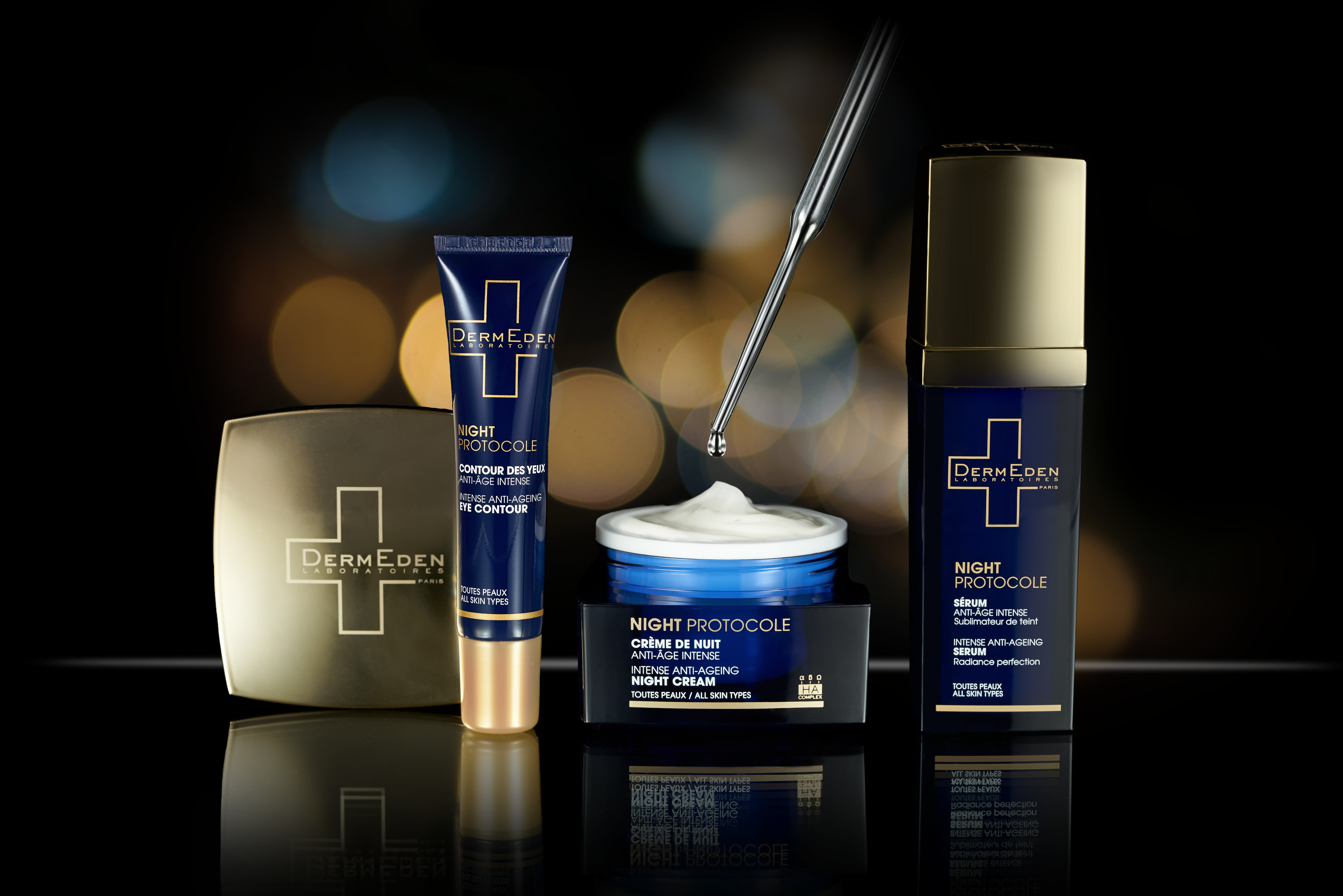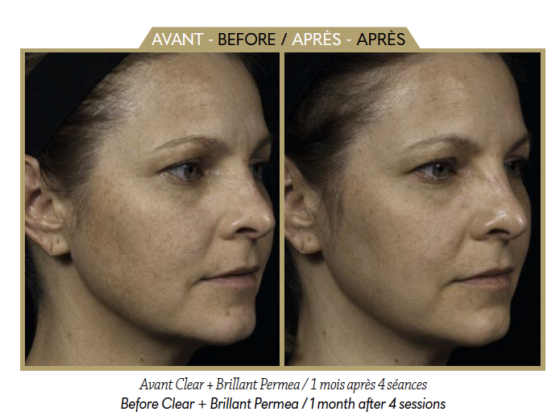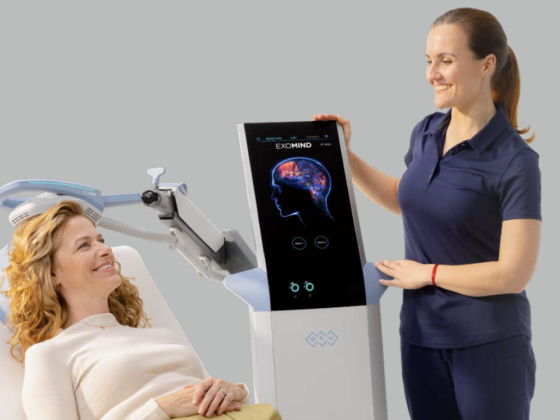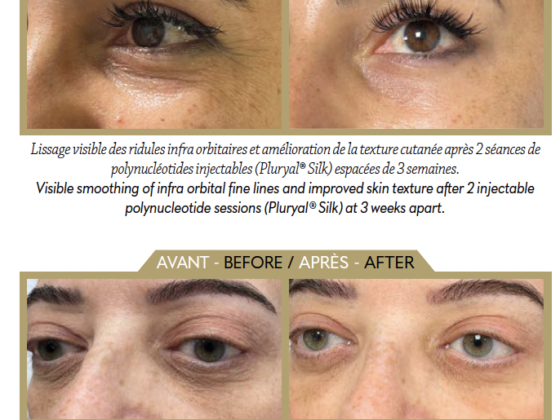By Naturopath Karim Chubin

One of the early pioneers of stress research was Dr. Hans Selye, a Hungarian-Canadian endocrinologist. In 1936, Selye conducted a series of experiments for which he subjected rats to repetitive low-grade stress, including low temperatures, muscular fatigue, adrenaline, and morphine. These stressors (agents of stress), Selye observed, induced a predictable response, which he termed general adaptation syndrome (GAS). GAS consists of three phases:
1) the alarm reaction, which is characterized by the emergence of symptoms,
2) the œstage of resistance, which involves the acquisition of nonspecific resistance, followed by the disappearance of symptoms
3) the œstage of exhaustion, whereby the same symptoms reappear, eventually leading to death. Selye also coined the term œsystemic stress to emphasize that GAS refers to stressors affecting the entire mind-body enterprise, whether directly or indirectly.
An organisms ability to mediate stress, thereby maintaining homeostasis, strongly influences its physiological wellbeing, including its ability to decelerate the ageing process while preventing chronic disease. Homeostasis, a term coined by Walter Cannon in 1926, is defined as an organisms steady-state equilibrium and the myriad of physiological processes that govern its regulation. Cannon, who chaired Harvards Department of Physiology, was among the most respected scientific statesmen of the 20th century. He was an early pioneer and authority on psychosomatic medicine and the first scientist to recognize that stressors can be emotional, not just physical.
The stress-response system involves the release of hormones, particularly adrenaline and cortisol. Acute stress responses promote adaptation and survival, but chronic stress weakens the organism, thereby making it more susceptible to infectious diseases and chronic degenerative diseases, including obesity, diabetes, osteoporosis, hypertension, cardiovascular disease, and cancer. Over-exposure to stress hormones also promotes oxidative damage through frequent and sustained activation of the hypothalamic-pituitary-adrenal (HPA) axis. Oxidative stress, which leads to mitochondrial damage, is an important, yet oftentimes overlooked, cause of disease and ageing.
Balancing the HPA Axis
Complex feedback interactions between the hypothalamus, pituitary, and adrenal glands govern the hormone-response system. When the limbic system perceives stress, the hypothalamus releases corticotropin-releasing hormone (CRH), which is the principle regulator of the HPA axis. CRH then signals the pituitary gland to release adrenocorticotropin hormone (ACTH). Next, ACTH flows to the adrenal cortex, stimulating the adrenal gland to synthesize and secrete glucocorticoids, primarily cortisol. Finally, rising cortisol levels inhibit the downstream release of CRH and ACTH. This endocrine negative feedback loop enables the HPA axis to maintain homeostasis following acute activation. Frequent and prolonged activation of the HPA axis, however, promotes various pathologies.
Adaptogens: Nature’s Stress Modulators
In 1947, Russian scientist N.V. Lazarev coined the term œadaptogen, which he defined as a compound capable of increasing œnonspecific resistance to stress by diminishing the intensity of the alarm reaction (phase 1 of GAS). During the 1950s and 1960s, Lazarev and his protégé, Dr. Israel Brekhman, pioneered the study of adaptogenic plants. Working at the Russian Academy of Science in the far-east Primorye region of Soviet Russia, Lazarev and Brekhman directed a team of over 1,000 researchers. They analyzed thousands of Siberian herbs, twelve of which they classified as adaptogens.
Their most impactful research pertained to Eleutherococcus senticosus, also known as Siberian ginseng. Eleutherococcus should not be confused with Panax ginseng, as they differ considerably, both chemically and pharmacologically. Although Eleutherococcus and Panax are different species, their perceived interchangeability underscores the uniqueness of wild Siberian plants. Brekhman hypothesized that Siberian plants, having evolved under extremely stressful climactic conditions, developed exceptional vibrancy and potency, qualities they are capable of transferring to humans.
One of the characteristic attributes of adaptogens is their ability to behave as œstress vaccines, meaning they elicit a vaccination-like effect, protecting the organism from future stress. However, since the protective effect is not indefinite, it requires ongoing adaptogen exposure. Dr. Alexander Panossian, a leader in contemporary adaptogen research, likens the protective effects to exercise. Physical exercise, he explains, improves endurance and physical performance, but doesn’t œvaccinate one against future physical degeneration. In other words, staying in shape necessitates maintaining a fitness regimen. Similarly, maintaining a œrelationship with adaptogenic plants promotes effective stress management.
Defining Adaptogens and Proving their Efficacy
For a plant or substance to be classified as an adaptogen, it must satisfy the following conditions:
1- Exhibit stress-protective properties (reduction of stress-induced damage
2- Exhibit stimulating properties, such as improved mental and/or physical performance (without any of the side effects associated with conventional CNS stimulants)
3- Exhibit the ability to restore and maintain homeostasis
4-Exhibit a non-specific normalizing effect (its actions must be general, not specific to any given organ, thereby boosting the overall capacity of the organism to adapt to stress)
5-Substance must be innocuous, causing no harm and having no side effects, even with repeated administration over extended periods of time
With respect to controlled studies, testing the efficacy of adaptogens and potential adaptogens usually involves carefully designed experiments that test an organism’s cognitive function and/or physical endurance after or during exposure to stressful conditions. For example, for a 2009 study, scientists tested the effects of Rhodiola rosea on rats fatigued through swimming. They found that Rhodiola significantly increases time-to-exhaustion in a dose-dependent manner while reducing fatigue biomarkers, including blood urea nitrogen (BUN), glutamic oxaloacetic transaminase (GOT) and glutamic pyruvic transaminase (GPT). Moreover, Rhodiola significantly increased Hsp70 (heat shock protein 70) expression, a powerful marker of disease prevention and decelerated ageing.
Heat shock proteins are specialized cells that are produced in response to stress; they fulfill protective functions while preventing lethal damage. Heat shock response, for example, has been shown to protect cells from the toxic effects of alcohol, heavy metals, xenobiotics and oxidants.
Hsp70 is a particular heat shock protein that promotes homeostasis by controlling protein quality under normal and stressful conditions. Efficient Hsp70 expression (and related HSF1 activity) is associated with vibrant health, whereas inhibited Hsp70 expression is a major marker of ageing and ageing-related diseases. Siberian adaptogens, as discussed below, exhibit a remarkable ability to increase Hsp70 activity one of many reasons they represent a significant contribution to anti-ageing médicine.
Siberian Adaptogens: Five Gems of Naturopathy
The following overview briefly summarizes the actions and benefits of five remarkable naturopathic plants/plant extracts. Whereas each plant has its own unique properties, adaptogens are usually administered in carefully formulated combinations of multiple plants. This is because adaptogens contain dozens or hundreds of phytochemicals, which mutually influence each other’s activities, thereby eliciting synergistic benefits. Scientists, for example, have identified 140 active compounds in Rhodiola Rosea, 100 in Eleutherococcus senticosus, and 200 in Schisandra chinensis.
Rhodiola Rosea is a well-documented adaptogen with a broad range of activities, including mitochondrial protection and antioxidant activities. It also stimulates ATP production while increasing muscle protein synthesis and anabolic activity. Moreover, Rhodiola has been shown to increase Hsp70 in human mononuclear cell cultures, Wistar rat tissues, and murine skeletal muscle cells.
Rhaponticum carthamoides is a perennial plant that grows in subalpine regions of Western and Eastern Siberia and in Central Asia. Rhaponticum exhibits strong antimicrobial, anti-inflammatory, and antioxidant activities. Rhaponticum significantly activates Hsp70 and was recently shown to have protective- and DNA-repair-stimulating abilities.
Schisandra chinensis is one of the most widely studied adaptogens. It exhibits potent liver-protective properties, neuroprotective properties, antioxidant activity, and anti-ageing potential based on its enhancement of mitochondrial glutathione status and its mitigation of age-related mitochondrial impairment. Schisandra’s powerful protective effects are largely tied to its ability to stimulate Hsp70 activity. For example, in mice subjected to acetaminophen-induced liver injury, scientists observed that Schisandra provokes hepatic cytoprotection by inducing Hsp70 activity.
Eleutherococcus senticosus is known as the king of adaptogens. A review of 35 clinical trials involving over 6,000 healthy human subjects demonstrated that Eleutherococcus improves physical endurance and mental performance during stressful situations. Moreover, this same review assessed the effects of Eleutherococcus on 2,200 patients with conditions ranging from hypertension to diabetes to atherosclerosis. In most cases, Eleutherococcus elicited moderate improvements compared to baseline status. Eleutherococcus has also been shown to protect brain neurons; current research on its benefits with respect to neurodegenerative diseases, including Parkinson’s disease, is optimistic.
Berberine is an isoquinoline alkaloid derived from various plants, including Berberis arista. Berberine-containing herbs have been used for over a thousand years in China to treat intestinal infections, especially bacterial diarrhea. Berberine exerts antimicrobial activity by inhibiting FtsZ, a cell division protein. Berberine also exhibits anti-inflammatory properties, primarily by inhibiting the expression of inflammatory cytokines. Berberine’s strongest pharmacological properties involve its beneficial effects on insulin and blood glucose management. For example, berberine has been shown to be just as effective as the popular drug metformin in reducing fasting blood glucose, postprandial blood glucose, fasting insulin, LDL-C, and triglycerides. Although berberine isn’t a classical adaptogen, it shares similar properties. Significantly, berberine modulates stress by influencing the gut microbiome. For a 2017 study, scientists subjected rats to chronic stress, thereby inducing symptoms of depression and decreased body weight.
When exposed to berberine, however, the stress-induced physical and mental damage was reversed.
Chronic stress, including physical, mental, and emotional stress, is a major causative factor in ageing and disease. Chronic stress over-activates the HPA axis, resulting in excess cortisol, oxidative damage, mitochondrial damage, and decreased Hsp70 activity. Adaptogenic herbs, particularly synergistic combinations thereof, regulate the HPA axis while increasing Hsp70 activity. When incorporated into a holistic wellness scheme, inclusive of proper diet and exercise, Siberian adaptogens may represent a significant contribution to anti-ageing medicine.

Naturopath Karim Chubin
Karim Chubin is certified naturopath and clinical nutritionist who specializes in mind-body homeostasis with an emphasis on emotional stress and its physiological ramifications. From his offices in Geneva and Paris, Chubin treats patients via a unique, holistic modality, inclusive of advanced diagnostic testing and personalized herbal, nutritional, and dietary medicine.













